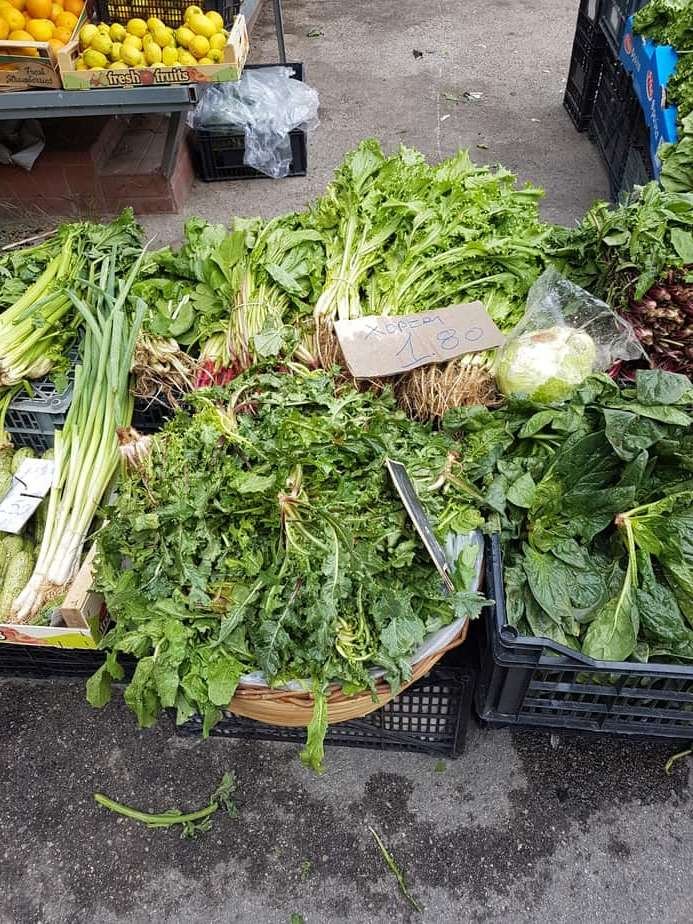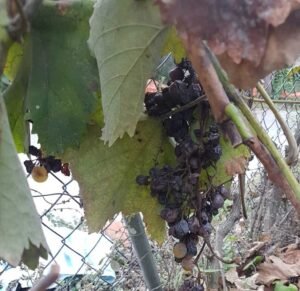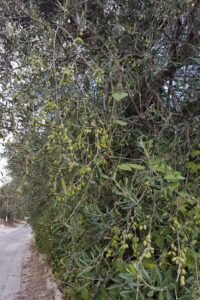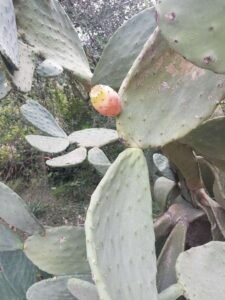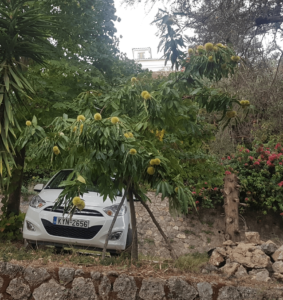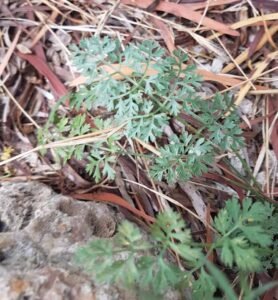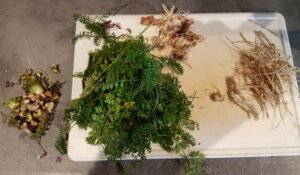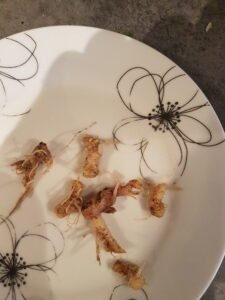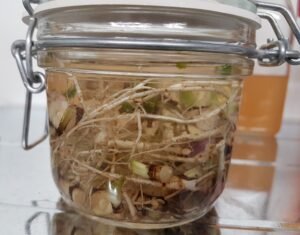If you’ve been around foragers in winter, or been reading about it, or been foraging yourself, the chances are that you’ve come across the expression “bletting“; But what does it actually mean?
Simple definition of bletting
Well, at its simplest it’s a stage of fruit development in-between ripening and rotting. It describes when a fruit has fully ripened, has started to break down, but is not quite rotting yet. There’s a bit of semantics at play here, strictly speaking bletting is actually the early stages of rotting, but before the fruit goes bad.

What does it really mean?
For certain fruit, bletting is actually an essential process to make it edible for us. Fruit such as Sloes (the fruit of the Blackthorn bush – Prunus spinosa) and Medlars (Mespilus germanica) for example, are quite sour and astringent when ripe. Leave them to “blet” a little and the cell walls begin to break down and release sugars, thereby sweetening the fruit. Rosehips (Wild dog rose – Rosa canina) are often rock hard until they’ve begun to blet, at which point you can squeeze their citrus-like juice out with your fingers. For fruit such as Sloes, it was always recommended that you wait until after the first frost to pick them, as the frost creates ice crystals in the flesh which has the same effect as bletting; However, nowadays with our changing seasons and modern technology, it’s much simpler to pick them as soon as they’re ripe and put them in the freezer!

So, “Bletting”. An odd word, a simple yet important process, and nature’s way of helping us to have more food to eat.


